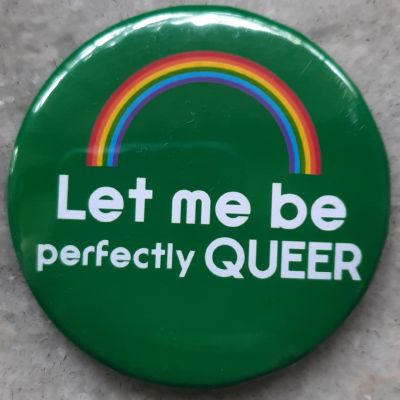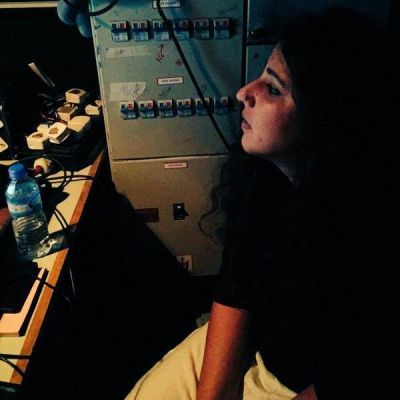Censorship
As a generation X-er I grew up in a world that was challenging sexuality but only encountered the instability of gender as an adult in radical new academic texts which were not then yet part of our everyday narratives. My daughter born between Gen Z and Gen Alpha is growing up in a world of gender fluidity and multiple pronouns.
While we are struggling with the vicissitudes brought on by the pandemic we are also forced to spend more time online, to look for resources in terms of health care or caregivers, to reach out to people and build a communities of care, to take a break, or to try and hook-up online for a while.
Around the world, LGBTQ+ activists, queer ‘sex-positive’ feminists, sex-workers, artists and educators are leading the charge against the increasingly complex webs of regulation and censorship of sexuality online, where corporate policies intersect with restrictive state law.
Namita Aavriti, writer, lawyer, feminist, and coordinator and editor for GenderIT.org, focuses on issues related to gender, ICT and internet rights. Namita is also the co-curator and organiser of the Bangalore Queer Film Festival (BQFF).
Choices are also influenced by our milieu, by socio-cultural norms, by the laws and strictures that operate to regulate what we may and may not do. Lest this makes it seem that we are mere puppets triggered by internal whimsy and simultaneously constrained by external forces, our contributors show that this is not so.
The notion of censorship of cinema has been highly debated, the repercussions of which have been evidenced in film form as well as spectatorship practices – censorship has defined our relationship with cinema, both in the making and the viewing of it.







